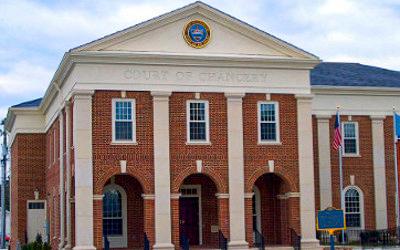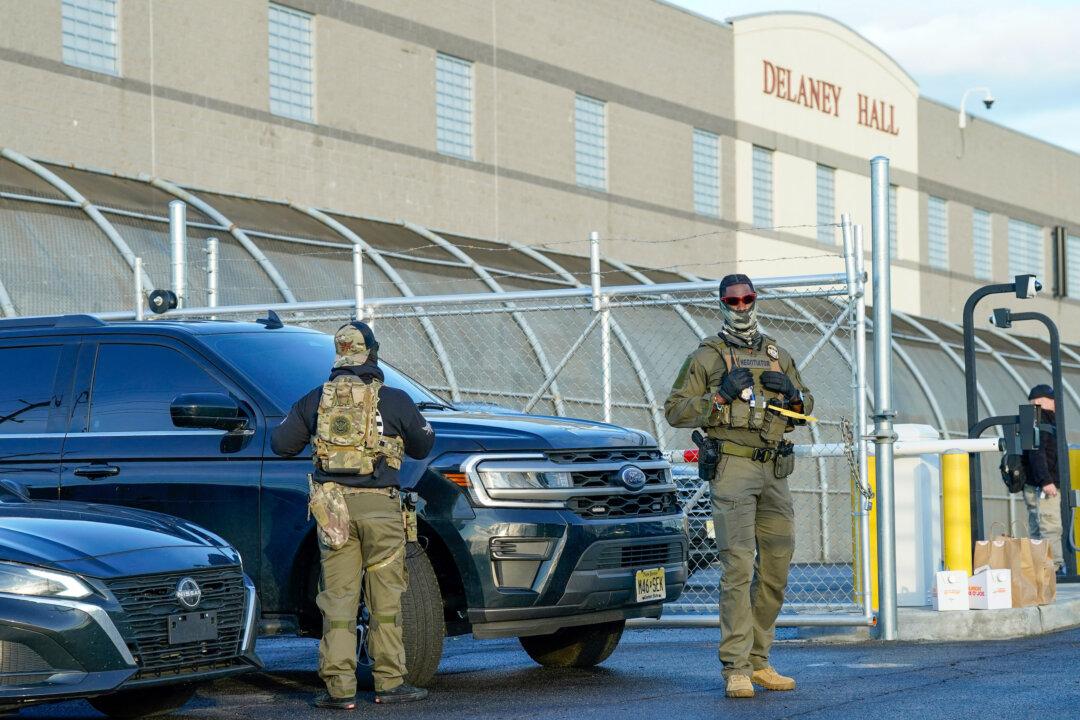An election integrity group is representing a state government whistleblower who claims in a new lawsuit that Delaware is playing fast and loose with state election laws by enforcing statutes that violate the state’s constitution.
The Delaware General Assembly approved a law in 2019 that allows early voting in person at least 10 days before the day of a general election. The Delaware State Constitution stipulates that the general election must be held on one specific day only.





